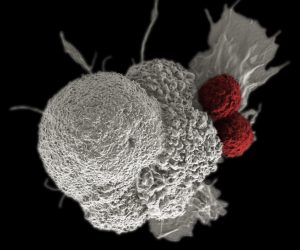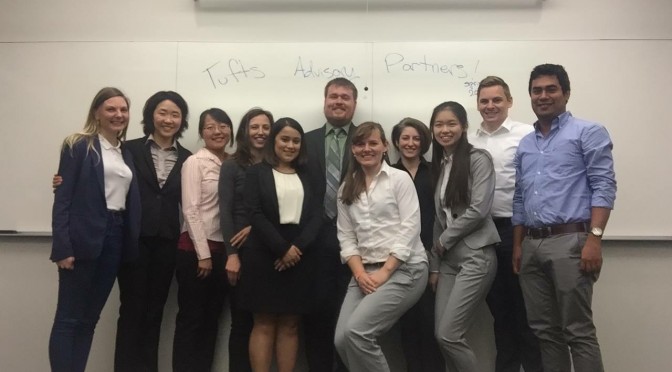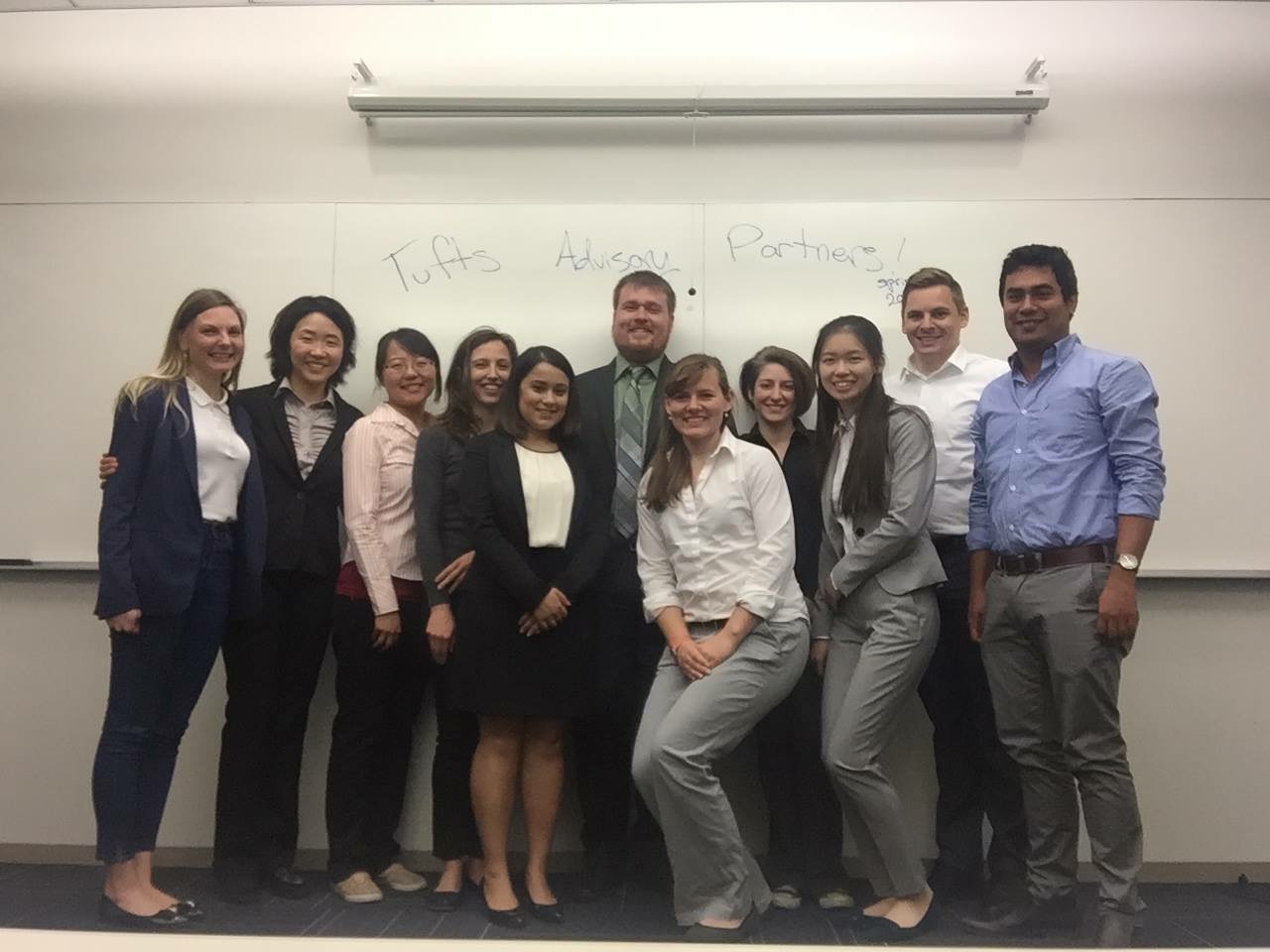On October 2017, the NIH announced a formal collaboration between the public and private sector as a new leap in the War On Cancer. The collaboration, termed PACT for “Partnership for Accelerating Cancer Therapeutics”, is a five-year project that will focus first on cancer biomarker identification & validation and then on developing novel immunotherapies. As Dr. Francis Collins, Director of NIH, stated to the press, “we have seen dramatic responses from immunotherapy… We need to bring that kind of success – and hope – for more people and more types of cancers, and we need to do it quickly.” He believes that this collaborative effort between the NIH and 11 heavyweight pharmaceutical companies (see below for complete list) will “help achieve this success faster.”
This new collaboration will allocate $215 million over the five years, with NIH contributing $160 million over 5 years (depending on availability of funds) and each pharma company contributing $1 million/year (totaling 55$ million over 5 years). The Foundation for the National Institutes of Health (FNIH), a congressionally established nonprofit, and the U.S. FDA will be supervising this partnership. The Pharmaceutical Research and Manufacturers of America (PhRMA), a trade group found in 1958 to advocate for public policies that encourage drug discovery for patients, will also provide support for this initiative.
PACT seeks to identify why certain patients respond so dramatically to immunotherapy, as evidenced by the recent observations of near-complete eradication of pediatric lymphomas, and how such treatments can be expanded to a larger patient population and a wider range of tumors, especially solid tumors which have not had much success with immunotherapy despite a lot of initial promise. To that end, this program will first perform cancer biomarker discovery, validation and standardization and then integrate these biomarkers for patient recruitment into oncology trials for immunotherapy and combination trials. PACT also aims to embrace the data sharing aspect of collaboration to “better coordinate clinical efforts, align investigative approaches, reduce duplication and enable more high-quality trials to be conducted.”
As part of the Cancer Moonshot program and PACT collaboration, the National Cancer Institute (NCI) recently awarded cooperative agreements to Dana-Farber Cancer Institute, Stanford Cancer Institute, Precision Immunology Institute and the Tisch Cancer Institute to Icahn School of Medicine at Mt. Sinai, and MD Anderson Cancer Center. These cancer centers will serve as Cancer Immune Monitoring and Analysis Centers (CIMACs) where tumors will be deep sequenced and immune profiled. The data obtained will be archived in a immune response biomarker database created at Dana Farber, which is slated to act as a Cancer Immunologic Data Center (CIDC). These cancer centers will form a network of laboratories that can support both basic research efforts and adult and pediatric immunotherapy trials.
Dr. Thomas Hudson, vice president of oncology discovery and early development at AbbVie, who represented the industry at the PACT press conference, stressed on the need for collaborative efforts to drive innovations in immunotherapy, despite the competitive nature of the field. Based on his prior experience in large scale public-private sector collaboratives, such as the International Cancer Genome Consortium, he believes that this collaboration will ultimately prove to be more fruitful than expected for all parties involved. Besides Abbvie, the other pharma partners include Amgen, Boehringer Ingelheim, Bristol-Meyers Squibb, Celgene Corporation, Genentech, Gilead Sciences, GlaxoSmithKline, Janssen Pharmaceuticals (Johnson & Johnson), Novarits and Pfizer.
Sources –
https://www.nih.gov/news-events/multimedia-partnership-accelerating-cancer-therapies
https://www.statnews.com/2017/10/12/nih-pharma-cancer-moonshot/
https://cen.acs.org/articles/95/web/2017/10/Big-pharma-joins-NIHs-Cancer.html




